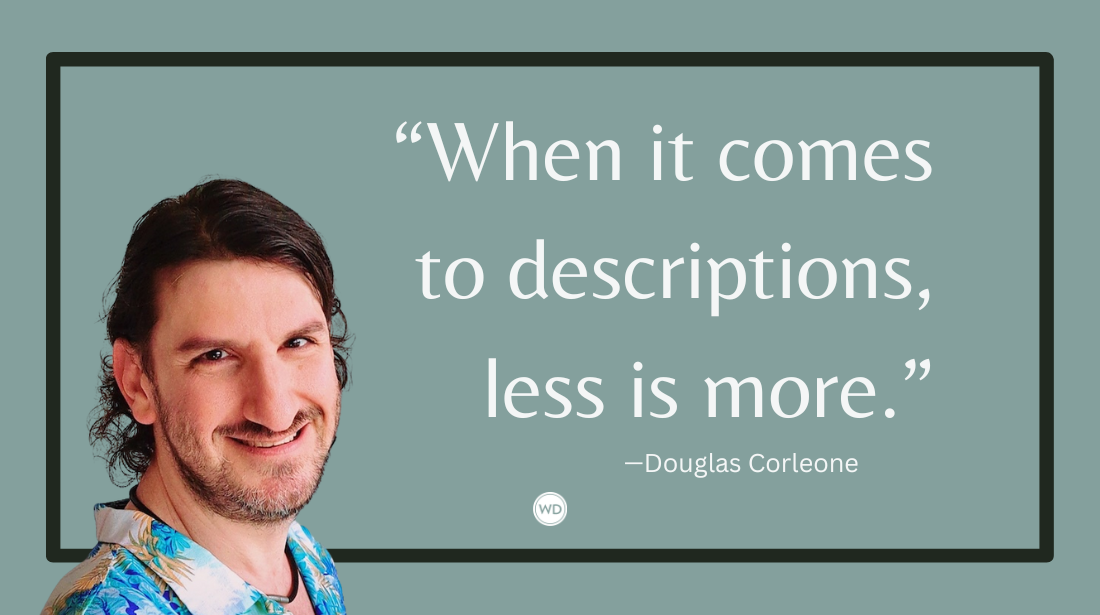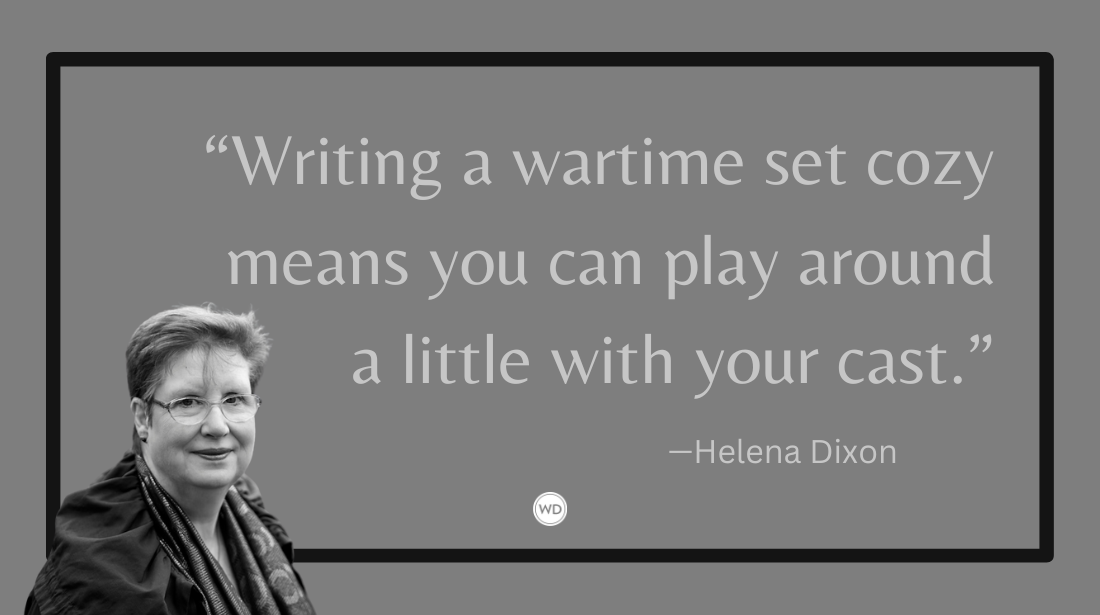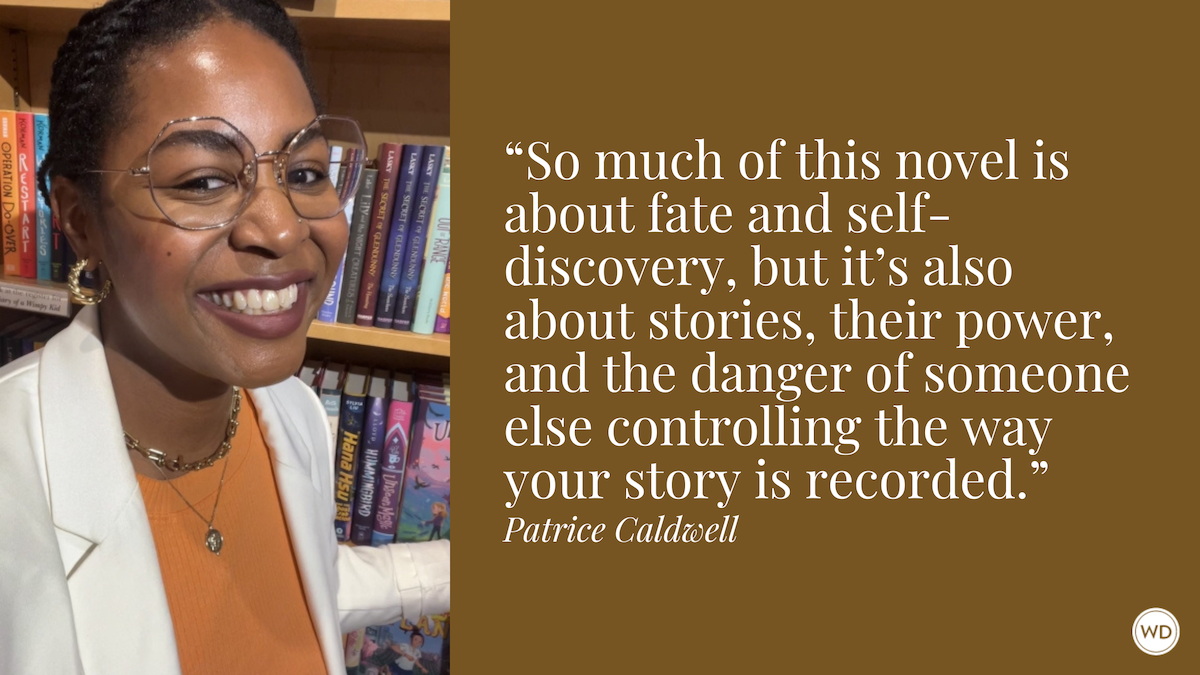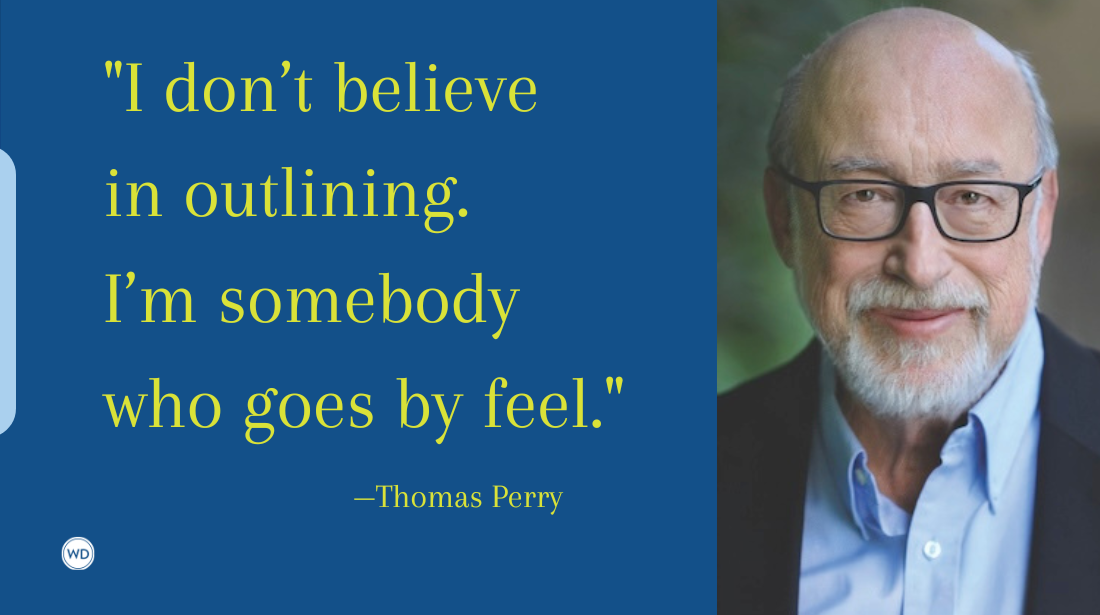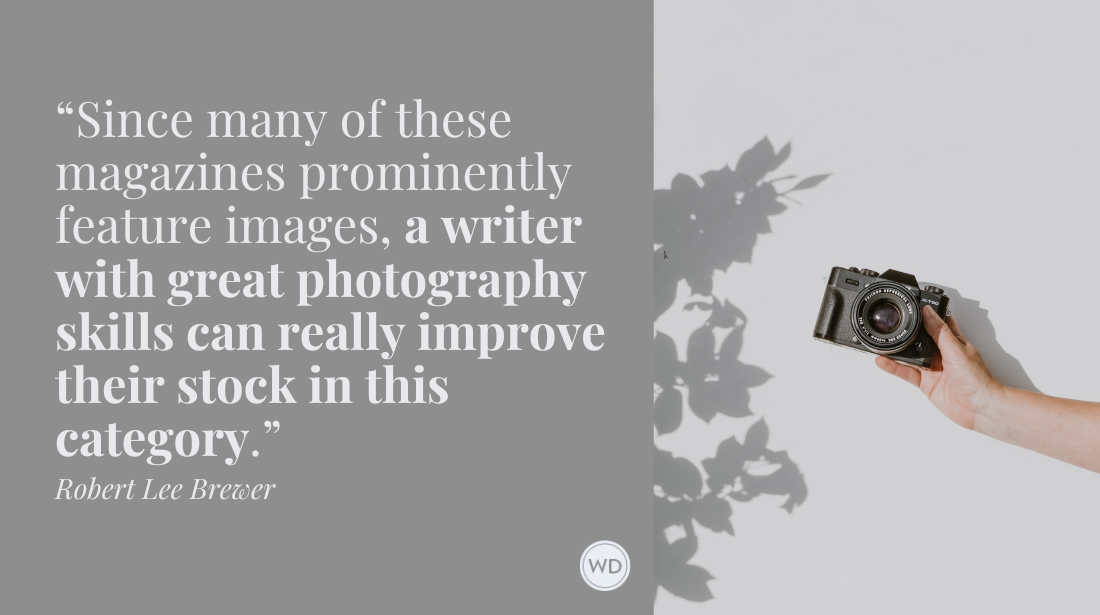Chris Mooney: Pushing the Boundaries of Crime Fiction
In this post, bestselling author Chris Mooney shares why he knew his latest novel Blood World would be a big book, why he felt people might think he’s deranged, what writers need to master the most to find success, and more!
Chris Mooney is the internationally bestselling author of twelve novels, including Blood World (Berkley/Penguin Random House). His books have been chosen as a main selection of the International Book of the Month Club, become an instant bestseller in more than 13 countries, been nominated for an Edgar Award for Best Novel by the Mystery Writer's Association, sold nearly two million copies and been translated into more than 20 languages.
He lives in the Boston area with his wife and son and teaches writing courses at the Harvard Extension School and Summer Writing Program. You can connect with him online at chrismooneybooks.com.
In this post, bestselling author Chris Mooney shares why he knew his latest novel Blood World would be a big book, why he felt people might think he's deranged, what writers need to master the most to find success, and more!
*****
Do you want to write an enthralling thriller that your readers can't put down? In Writing Thrillers, a six-week workshop, you will get the tools you need to get your thriller project off the ground or take your current project to the next level. Examine the structural elements that create a successful thriller, learn how to build compelling conflict and suspense into your story, find out what helps a story engage a reader, and much more.
*****
Name: Chris Mooney
Literary agent: Josh Getzler at HG Literary Agency
Book title: Blood World
Publisher: Berkley
Release date: August 18, 2020
Genre: Thriller
Previous titles: The Snow Girls; Every Pretty Thing; Every Three Hours; Fear the Dark; The Killing House; The Soul Collectors; The Dead Room; The Secret Friend; The Missing; Remembering Sarah; World Without End; and Deviant Ways
Elevator pitch for the book: In the near future, the LAPD has formed a Blood Crimes Unit to stop criminals from abducting carriers of blood with a special rejuvenating power and selling their blood to the rich. Officer Ellie Batista winds up taking on a madman who has found a way to increase the blood's potency.
What prompted you to write this book?
A lot of Silicon Valley tech types with big pockets are trying to uncover these "bio-hacks" to extend lives. A hugely popular one right now is to have blood transfusions using blood from young, healthy people.
There's no actual scientific evidence that this works, but my imagination took the idea and said, Well, what if it did work? What would that world look like? I write crime thrillers, so I went at it from that angle.
How long did it take to go from idea to publication?
It took about four years–possibly five. The idea didn't change so much, but I was telling a story through two different POVs: Ellie, the undercover cop, and Sebastian, the owner of LA's most successful–and most secretive–blood empire.
So right there I knew it was going to be a big book, with a lot of moving pieces, with me, basically, telling two separate stories in the beginning.
Were there any surprises or learning moments in the publishing process for this title?
Blood World is my 15th book, so I knew what to expect during the publishing process. I will say that working with my editor, Tom Colgan, was fantastic. I like working with hands-on, collaborative people, and he was great–made the book so much better.
Were there any surprises in the writing process for this book?
Very early on, while I was writing a scene where Ellie, who is at this point a patrol officer, goes to a home in a very upscale LA neighborhood. I suddenly got an idea that was exciting yet, at the same time, shocking, and I said to myself, If I write this, people will think I'm deranged.
But the story needed it, I wrote it, and my agent, whose job is to rein me in, said we shouldn't show this to the editor. I knew it was a gamble, what I wrote, but I felt strongly that this scene belonged in the book.
When I came to New York the following month, we all sat down to discuss the story, and there was this awkward silence because we had to discuss that particular scene. Finally, my editor goes, "Well, to be honest, we loved it," and then I was off and running.
What do you hope readers will get out of your book?
It's the same thing I hope for with all my books, which is, once you pick it up, you won't be able to put it down. I want you sitting on a plane or on a beach and to feel yourself disappear inside this story, wondering what's going to happen next.
If you could share one piece of advice with other authors, what would it be?
This will be most helpful to those working on their debut novel–you have to know story structure first. That's the key.
I've been teaching at the Harvard Extension School and Harvard's Summer Writing Program, and I'm always amazed at how many stories I read where the writing is absolutely fantastic but there's no story structure–no sense of pace, no conflict, etc.
Great writing is useless if you don't have a solid story structure. Once you master story, you'll create books that readers–and editors and agents–won't be able to put down.
Robert Lee Brewer is Senior Editor of Writer's Digest, which includes managing the content on WritersDigest.com and programming virtual conferences. He's the author of 40 Plot Twist Prompts for Writers: Writing Ideas for Bending Stories in New Directions, The Complete Guide of Poetic Forms: 100+ Poetic Form Definitions and Examples for Poets, Poem-a-Day: 365 Poetry Writing Prompts for a Year of Poeming, and more. Also, he's the editor of Writer's Market, Poet's Market, and Guide to Literary Agents. Follow him on Twitter @robertleebrewer.

